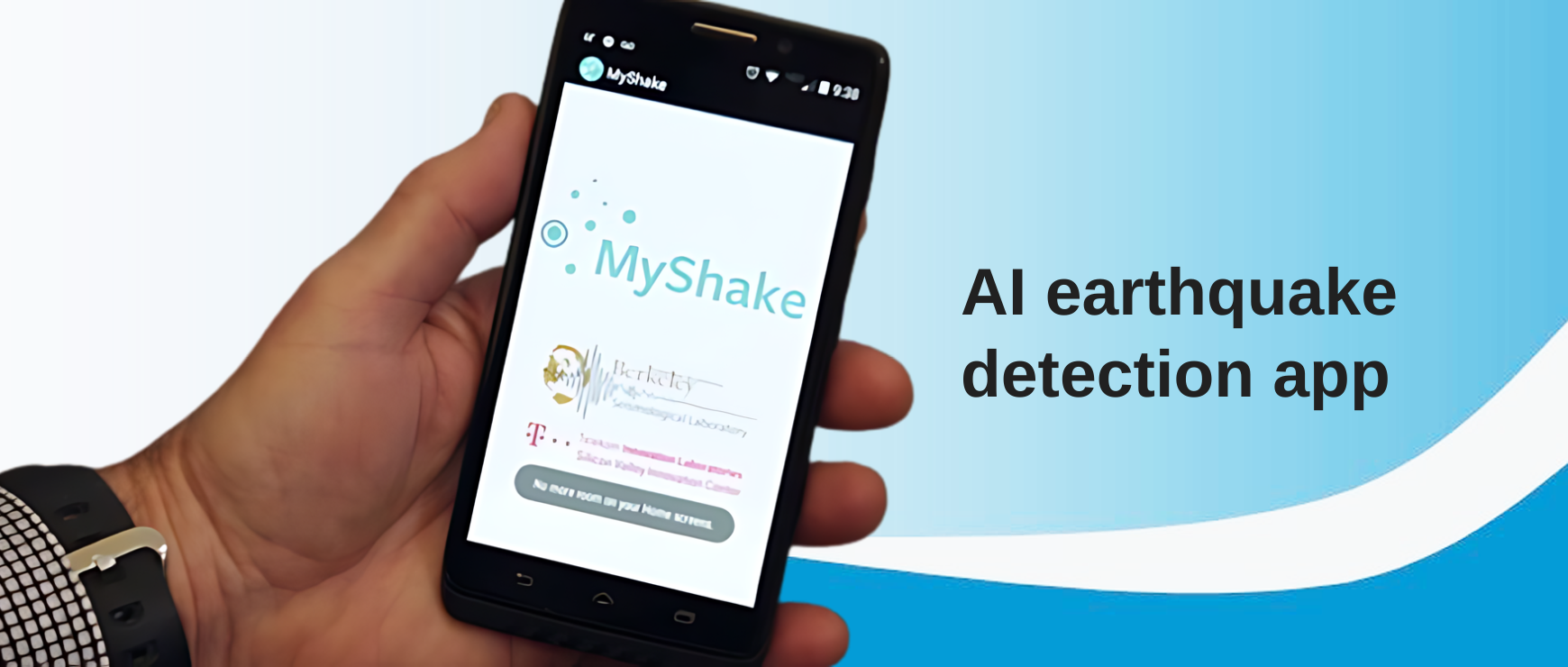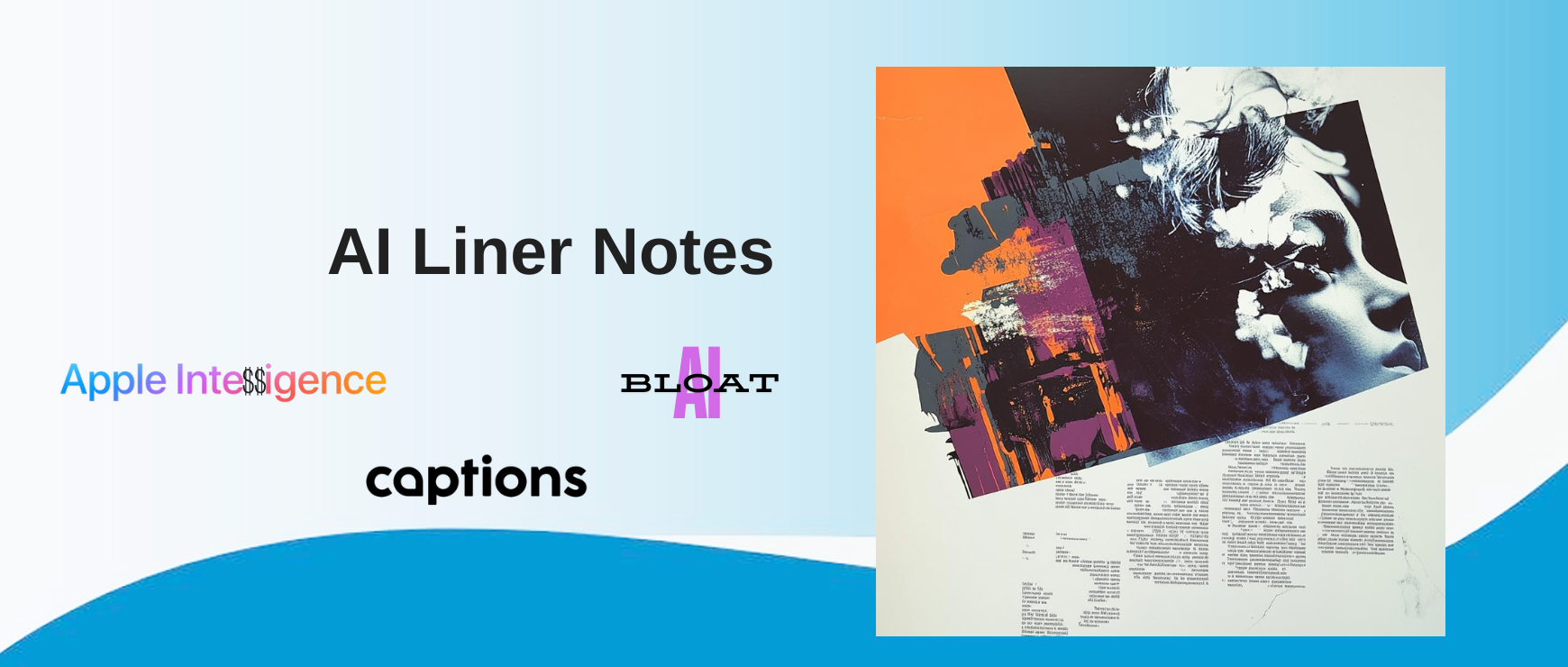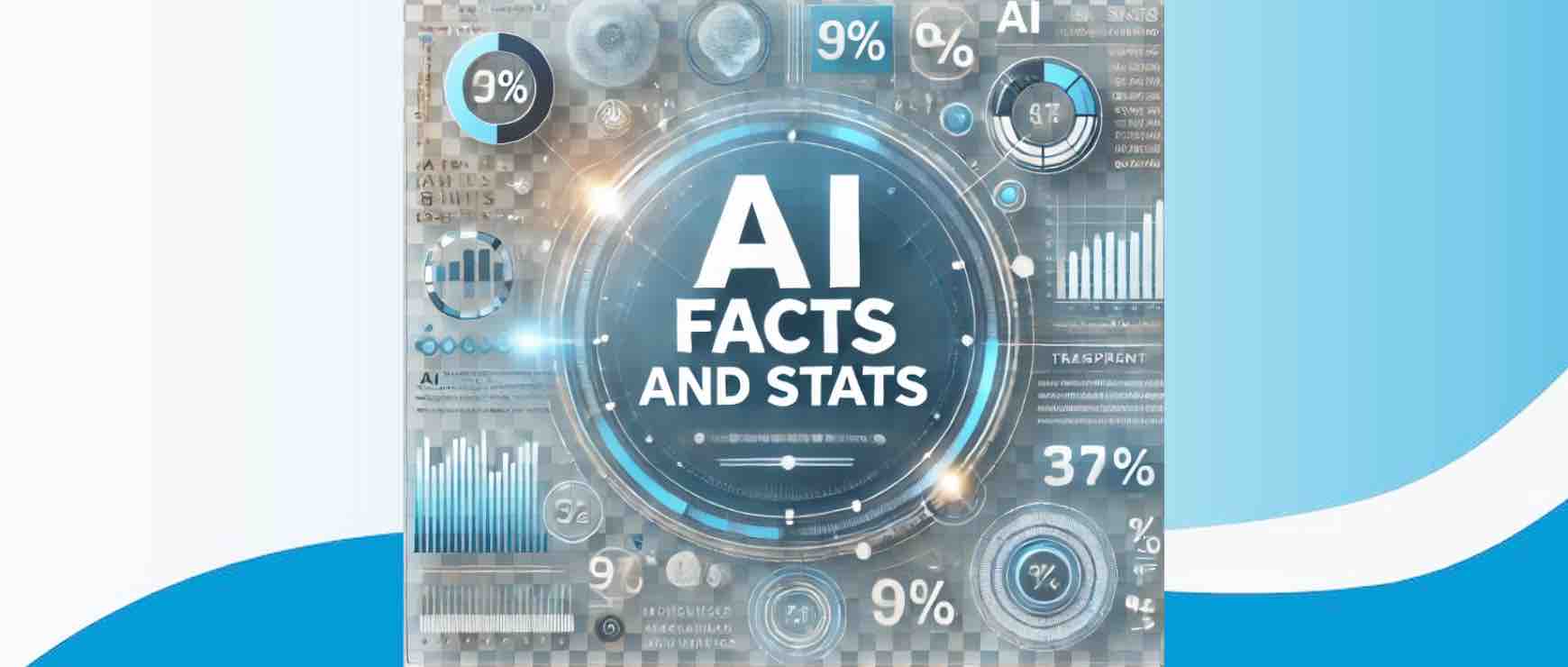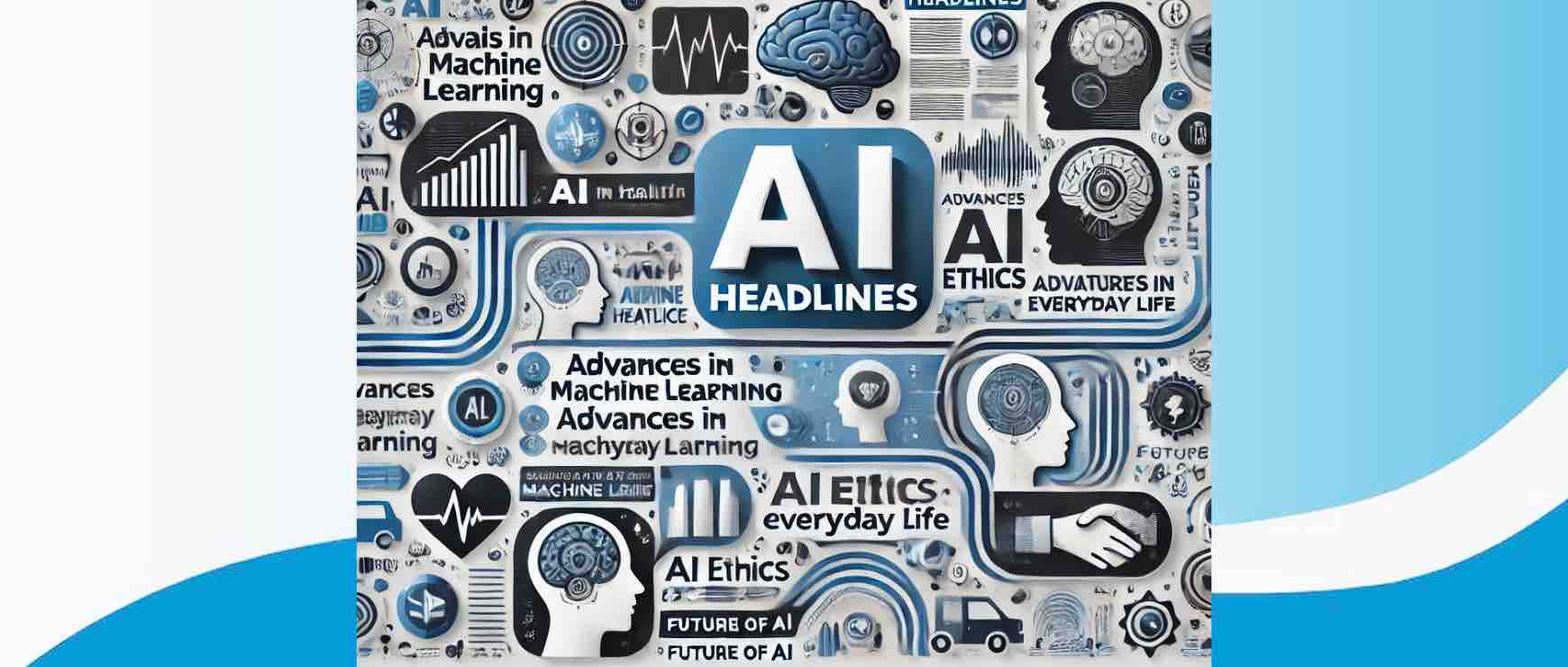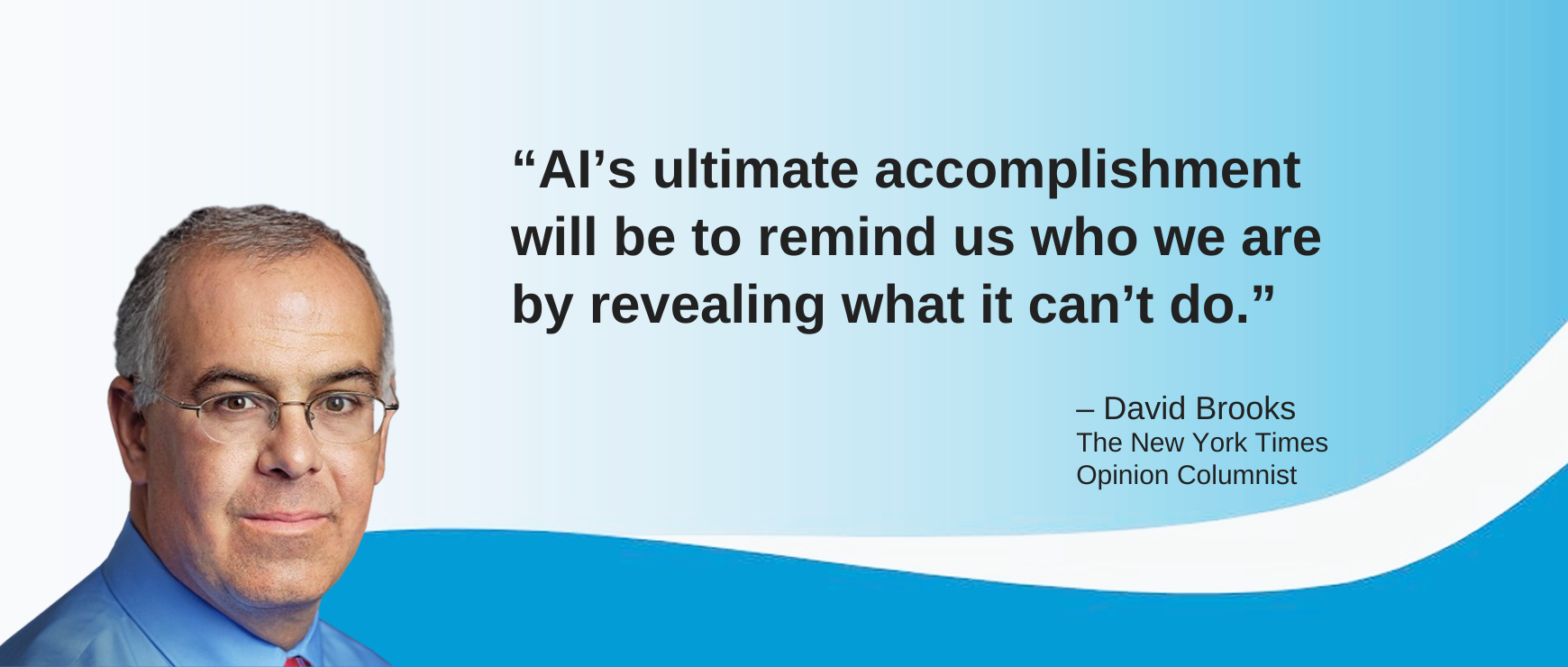By Kevin Hawkins with Korey Hawkins | Vol. 2 Post 32
REAL AI is a human-created weekly roundup of all things AI in real estate and emerging AI innovations in other sectors likely to impact real estate. We post a new edition every Friday, and our free newsletter is delivered to your inbox every Monday.
When an earthquake shook the LA region earlier this week, news reports talked about residents knowing the quake was coming before it hit.
How? The AI-powered MyShake app.
Before the 5.2 shaker arrived, people received a warning on their phones.
Akin to an Amber Alert, the message read, “Earthquake Detected! Drop, Cover, Hold On. Protect Yourself.” While reports say not everyone with the app got an alert, MyShake sent over half a million warnings, giving folks a few seconds to take action.
The MyShake app, available for both iOS and Android, was developed in partnership with the University of California, Berkeley, the USGS, and Cal OES. It provides early earthquake warnings using AI and smartphone accelerometers to detect seismic activity. These early alerts can give users crucial seconds to prepare before the shaking begins, potentially saving lives.
MyShake analyzes the data collected by the phone’s sensor using a neural network. The app operates in the background to minimize battery use while maintaining readiness to detect tremors.
Moreover, MyShake complements existing early warning systems like ShakeAlert, which also utilizes data from a network of seismic sensors. While ShakeAlert relies on a network of ground-based sensors, MyShake uses smartphone built-in tech to create a crowdsourced network for earthquake detection. This can allow for broader coverage and quicker detection in some cases, particularly in areas where traditional sensors might be sparse.
Real estate professionals should consider this new tech’s longer-term potential as AI-powered earthquake warning systems like MyShake integrate into homes. Highlighting properties equipped with smart home technologies that integrate with these warning systems might be an essential differentiator, adding safety and potentially protecting property value, particularly in seismic zones.
The one downside is that MyShake covers only three states: California, Oregon, and Washington. While users outside the ShakeAlert coverage areas won’t receive official early warnings, they can still benefit from the app’s other features, like earthquake information and safety tips. (-Kevin)
Apple Intelligence monthly fee?
Would you pay Apple $20 a month for Apple Intelligence?
CNBC reports that Apple analysts say the tech giant could charge users up to $20 a month for its advanced AI features. That’s on par with what OpenAI charges monthly for ChatGPT 4o and Anthropic for Claude.
But it won’t happen overnight. Apple is already delaying some Apple Intelligence feature rollouts, and in some regions, like China and Europe, Apple’s AI won’t be made available at all, at least not in 2024.
Another thing that will pressure Apple to determine whether to add an AI fee anytime soon is Samsung, its biggest rival. While Samsung does not rely on subscription revenue like Apple (i.e., Apple Music, Apple TV+), a top Samsung exec told CNBC that “Subscription can be an option, and it can mean the AI features can remain as a core technology to entice more consumers to buy the hardware.”
Captions.ai
This week, Chris Smith, The Conversion Code, and Curaytor, called Captions “the coolest AI tool I have ever seen” and said it “will blow your mind.” I rarely disagree with Chris, but while this AI tool is definitely cool, it’s also clunky, slow, and non-intuitive.
We’ve been playing with it, and if you are new to creating social media videos, its auto-captions feature will add TikTok-style captions to your videos automatically – that feature works great. But its processing speed can be painful, which makes sense because it’s video. But we are so spoiled by the fast output of Midjourney, for example, that Captions.ai feels really slow.
The AI scriptwriting feature created with a prompt is really basic ChatGPT stuff, and you will definitely want to edit and customize it, as it only creates content with a super casual voice. Once a script is final, you select an avatar. None looked like me, and none looked over 30 years old. Hmmm.
Chris mentions you can create an avatar of yourself, but you can only test that out with a paid subscription ($90 a year). The Avatars you can use for free to create videos work pretty well (the neck looks a little weird when talking), but we are concerned about how easy this site is to generate scam videos.
The worst part for us is that it overpromises and underdelivers. That’s because it fails the agent tech test Glenn Phillips at Lake Homes taught us – it is not “convenient.” It takes time to figure out how to use the interface and what it does. It works well if you have already created a video, but not so much for your average real estate agent who is trying to figure out video. This AI tool is not one we would recommend for newbies. But you be the judge as you currently can try it out for free.
AI bloat
Everyone is adding an AI feature. Most of them are powered by LLMs like ChatGPT. While we applaud the movement to make AI more practical and accessible, we fear most new AI tools are not as easy to use as ChatGPT, Midjourney, Grammarly, or Otter.ai, and as a result, they will fail. That adds fuel to the talk of an AI bubble bursting.
One example: Every week, a new “incredible” AI image generator seems to launch. This week, it’s Flux via BaseLabs. We’re more impressed with BaseLabs apps like Face Swap, Gender Swap, Live Portrait Maker, Voice Generator, and TikTok Hashtag Generator, to name a few.
The number of new AI tools released each week is overwhelming. No one can keep up. Moreover, they are all touted as super tools, but most are not, and almost all are variations of the same things that already exist. (-Kevin)
- 82% of employers and employees don’t know which specific AI skills are worth developing – Amazon
- 14% of sales pros surveyed stated they rely on AI for data analysis and reporting – Hubspot
- 42% of AI decision-makers indicate that improving or personalizing customer experiences is a top priority – Forrester
- 41% of workers are willing to exaggerate their generative AI skills to land a job, contract, or promotion – Salesforce
- Almost 2 out of 5 (39%) American adults trust that current AI tech is actually safe and secure to use – Mitre
Source: Vena Solutions (-Korey)
How Real Estate Agents Are Using AI Right Now | 8/7/24 U.S. News Real Estate
Learn more about the pros and cons AI brings to an agent’s job.
AI Could Enhance Lead Generation for Real Estate but Still Has Its Pitfalls | 8/5/24 Propmodo
Oversight and accuracy are becoming crucial as AI becomes more integrated in real estate prospecting.
CoreLogic experts explore new ways for data and AI to impact real estate | 8/2/24 HousingWire
CoreLogic data experts Amy Gromowski and Anand Singh explain how AI datasets are driving key decisions.
FLUX: This new AI image generator is eerily good at creating human hands | 8/2/24 Ars Technica
It uses a combination of diffusion and transformer techniques to produce more advanced AI images.
12 key benefits of AI for business | 8/6/24 TechTarget
Learn more about the main advantages AI brings to various industry sectors. (-Korey)
Subscribe to our free REAL AI newsletter here.
Content suggestions welcomed: email korey@wavgroup.com.
